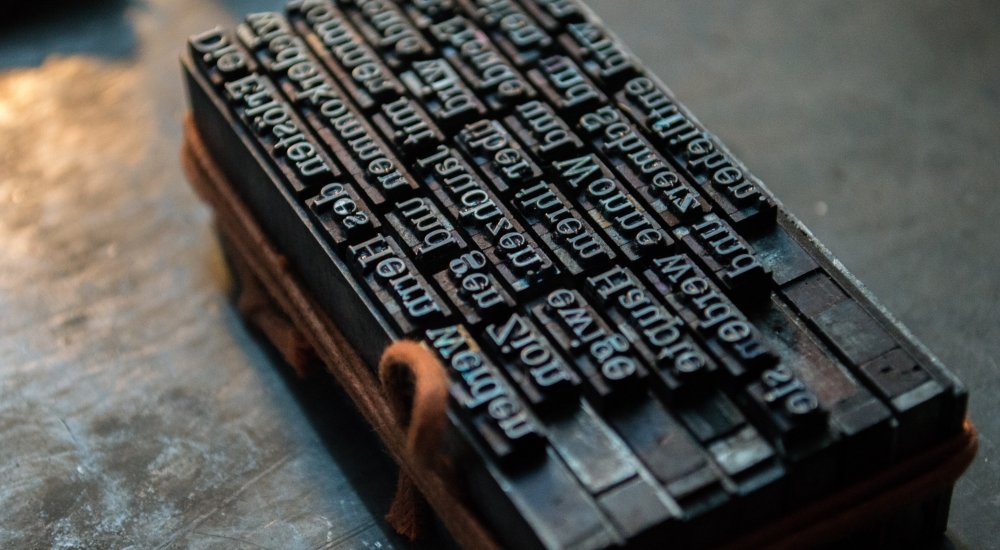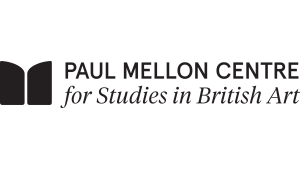Paul Mellon Centre Curatorial Research Fellow

Curatorial Research Grants are offered annually to organisations, galleries or museums to help towards the costs of appointing a curator to undertake research for a specific project.
The grant is an award of up to £40,000.
The PMC is an educational charity that champions new ways of understanding British art history and culture. Through all areas of our work, including our Grants & Fellowships programme, we promote activities that enhance and expand knowledge of British art and architecture. As an organisation, we pledge ourselves to ensuring that the histories of British art are enriched and made more relevant to a broader range of people in the future. The inclusion of voices, narratives and experiences that have been marginalised or excluded in the past will have a transformational impact on the future of the Centre and upon British art studies. Accordingly, the PMC particularly welcomes applications from those who are under-represented within the academic field of the humanities in the UK.
Applications for Curatorial Research Grants are now open, closing on 30 September at 23:59. Applications must be made through our online grants system. The closing date for referees to submit their references is 10 October at 23:59.
Scope
Curatorial Research Grants are specifically designed to help organisations, organisations, galleries or museums towards the costs of appointing a research curator to undertake research for either:
- an exhibition or installation of British art or architecture, or related topic
- a cataloguing project on part of a collection or archive that will result in a printed or online catalogue
Alternatively, an organisation may apply for a Curatorial Research Grant to provide replacement staff costs and give temporary cover for a curatorial staff member to work on a specific exhibition or cataloguing project.
Funding
Curatorial Research Grants are offered for up to a maximum of £40,000. The award will be paid directly to the organisations in one payment.
The funding is intended to support the costs of appointing an individual to undertake research towards a major project (eg. an exhibition or large cataloguing project); it is not to be used for other costs related to staging a curatorial project such as loans or equipment. The grant can also go towards replacement staff costs and give temporary cover for a curatorial staff member to work on a specific project. A small amount of the budget can be put towards costs that will support the work of the individual.
Applications for the support of part-time curatorial researchers are also welcome.
The organisation should give details of any financial support already in place or funding expected, or being sought, from other sources.
Eligibility
Our funding programme supports research, educational activities and the dissemination of knowledge in the fields of British art and architectural history, from the medieval period to the present day and across the spectrum of relevant geographical and cultural contexts. Our remit is broadly defined and adapts as the interests of those working in our field change. It encompasses art made in Britain or by British artists, but is not solely limited to art made, or artists from, within the geographical boundaries of the British isles. Rather we understand the field of British art studies to encompass a broad range of subjects and topics related to the artistic and cultural histories of Britain, past and present.
We do not offer grants and fellowships in field archaeology, the current practice of architecture or the performing arts. Applications in the fields of photography, performance, film and digital media will need to demonstrate their relevance to British art studies.
Applications are open to international as well as UK based organisations.
Only one Curatorial Research Grant application per organisation will be considered each year.
For further questions on eligibility please contact the Grants & Fellowships Manager at grants@paul-mellon-centre.ac.uk.
Application
Applications for Curatorial Research Grants are now open, closing on 30 September at 23:59. The closing date for referees to submit their references is 10 October at 23:59.
To apply for this grant applicants must use our online system at grants.paul-mellon-centre.ac.uk. Once registered you will be able to fill out the online application form (an example of which can be downloaded below), you will also need to provide the details of two referees. Once the application has been submitted, and the reference has been received, we will check it to ensure eligibility. All accepted applications will then be read and assessed by our Advisory Council which is made up of twelve external academics and professionals with relevant expertise (you can find a list of the current members here). Three senior members of Paul Mellon Centre staff also sit on our Advisory Council.
The number of good applications is likely to exceed the funding available, so the Advisory Council are advised to use some or all of the following criteria to help them in making decisions on how best to allocate funding:
- academic rigour
- originality and distinctness in the context of current scholarship
- contribution to scholarship in the longer term
- timeliness, where a project is connected with a particular moment or opportunity
- where a grant would support work in a geographical or cultural context which has not hitherto been supported by PMC
- need, where the research would be unlikely to go ahead without this support
- impact and inclusion, where the research would include voices or reach a broader range of people than have hitherto been represented in the field of British art studies
- feasibility and quality of application; the information provided is thorough, clear and demonstrates that the project can be undertaken in the time and manner proposed
We also advise applicants to read our FAQ & Guidance webpage before starting their application, our Grant Making Policy and Due Diligence Policy can also be found there.
Decisions made by the Advisory Council will be communicated to all applicants within two months of the application submission closing date. Given the volume of applications, we cannot guarantee individual feedback if you are unsuccessful. However, we do try to accommodate specific requests. Please email our Grants and Fellowships Manager to request this.
If you have any access requirements or experience any issues using our online grants system (or accessing and filling out the application forms) then please do contact the Grants and Fellowships Manager who will be able to assist you.
Referee Process
As part of the application form, you will need to provide the name and email address of two referees who are willing to submit a short reference (500 words) for the application. The referees should have first-hand knowledge of the intended curator/researcher's academic profile and/or the subject area for which funding is being sought. The Advisory Council would like to be informed of the originality of the subject matter and the applicant’s suitability to pursue such research. The references are an essential part of our due diligence process, and your application cannot proceed to assessment without them.
Once your application is submitted, an automatic email notification will be sent to your referees with a link that allows them to view your application and submit their references. They will also have the option to decline the request.
The deadline for submitting references will depend on the funding round, but it is generally between 7-10 days after the application closing date. The deadline date will be clearly communicated to you and your referees during the application process. You will receive an email notification when your referee has submitted their reference and once it has been received your application will proceed to the assessment round.
For more guidance on the content of the references, please refer to our FAQ & Guidance page.
Please ensure you speak to your referees before including their details in the application form so they are aware of the reference requirement and the deadline. We also recommend submitting your application in advance of the closing date to allow your referee as much time as possible to complete their reference.
Each round, we encounter reference requests that are not received by the intended recipients due to misspelled email addresses. To avoid delays, please double-check that all contact details are entered correctly when submitting your application.
Recipient Requirements
- On completion the recipient must submit a comprehensive written report: this would typically be around 500 words (1 page) but may be longer if required. The report should detail the research and activity undertaken during the funded period as well and how the supported work fits in to the wider project (if relevant). The report must be submitted within three months of the completed project, this will then be shared with the Advisory Council. If there are any further future outcomes of the project outside of the funding period (eg. publication, exhibition academic papers) then the recipient should send the details of these to the Grants and Fellowships Manager.
- The PMC must be acknowledged where relevant and guidelines on this will be provided to all successful applicants.
- The full terms and conditions of grant awards can be read here.
Access
Accessible Formats: There is a large text (size 20) format of this opportunity remit and application form available to download at the bottom of this page. We can also provide large or clear text formats in other sizes upon request. If you have any other access requirements regarding our website or experience any issues using our online grants system then please contact the Grants & Fellowships Manager.
Access Funding: We are committed to making our opportunities accessible to everyone. To support this, we have set aside funding to help individuals who may face additional barriers and as such incur extra costs whilst undertaking their research projects. If your application is successful, we will be happy to discuss how this funding can support your additional needs.
